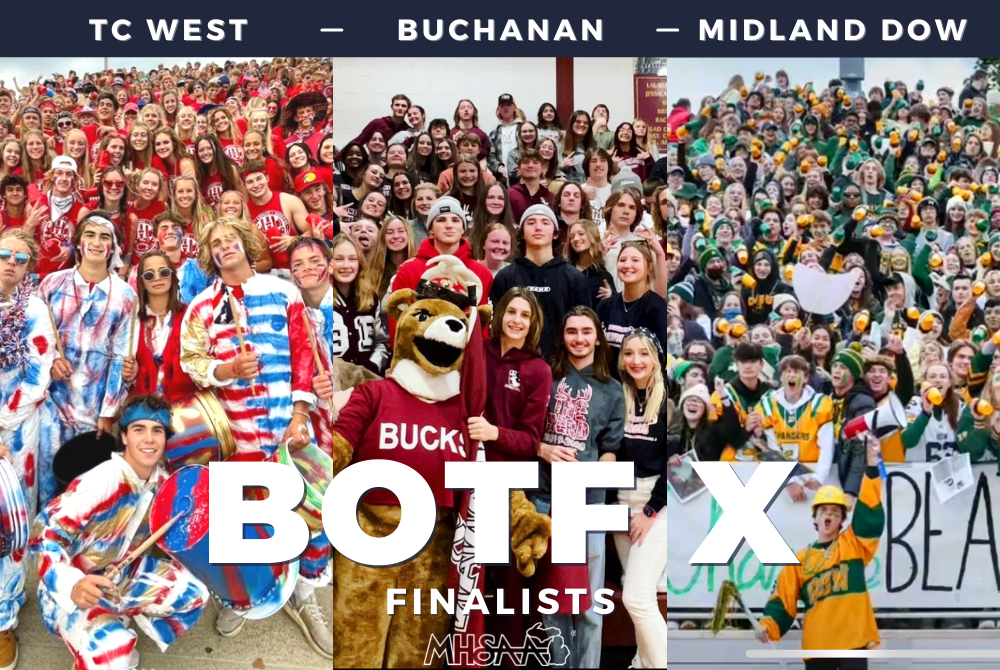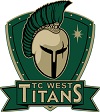
Sportsmanship and Success in Soccer
August 16, 2012
Ralph Polson, president of the National Soccer Coaches Association of America (NSCAA), reports in the July/August 2012 Soccer Journal that there is a strong statistical link between sportsmanship and success in intercollegiate soccer. He cites the work of Tim Lenahan, head men’s coach at Northwestern University, who compiled total fouls, yellow cards and red cards for the 2011 season to create a “Fair Play Rating” (FPR).
Polson reports that 12 of the 20 teams with the top FPR made the NCAA tournament, while only one of the teams in the bottom 20 did. Of course, this is a statistical link, not necessarily cause and effect. But here’s how Mr. Polson concludes his column:
“How should we interpret this data? One direction is toward more disciplined teams. It seems to me the more a culture of sportsmanship and fair play is established, the more likely any team is to demonstrate the consistency needed for success. The data suggests those teams without entrenched standards, with respect to on-field behavior, should anticipate a higher likelihood of failure in today’s highly competitive environment.
“Play within the spirit of the game and more than just a win may be gained; play against the spirit of the game and much more than just a game may be lost.”
Dr. Brian Crossman, chair of the NSCAA Ethics Committee, contributes this to the discussion in the same issue of Soccer Journal:
“A five year study from 2007 to 2011 of almost 4,700 intercollegiate soccer matches in which only one player was red-carded during the match showed a strong likelihood that the player’s team would lose. Teams that had one player red-carded lost 67 percent of the matches, tied 10 percent of the matches and won 23 percent of the matches. In other words, a team that had a player red-carded at any time during the match was three times more likely to lose the match than win it. Taking steps to encourage clean and fair play, and thus to reduce the likelihood of having players ejected, will pay dividends in sportsmanship and should improve your team’s won-loss record.”
For more, go to www.nscaa.com.

Battle of the Fans X: Meet the Finalists
By
Geoff Kimmerly
MHSAA.com senior editor
January 24, 2022
Two past champions and a first-time applicant have earned opportunities to vie for the Michigan High School Athletic Association’s “Battle of the Fans X” championship recognizing the top high school student cheering section in Michigan, as awarded by the MHSAA’s Student Advisory Council.
Buchanan, Midland Dow and Traverse City West were selected as finalists by the Advisory Council from a group of nine semifinalists that took part in a series of challenges highlighting their sections over the last two weeks.
Members of the MHSAA staff will visit all three finalists over the next three weeks, producing articles about each section and videos of those sections in action, all to be published on the MHSAA’s Second Half website.
The winner will be selected by another vote by the 16-member Advisory Council, with consideration given to a public vote on the MHSAA’s social media channels. This year’s winner will be announced Feb. 18 and recognized March 25 during the Boys Basketball Semifinals at the Breslin Center in East Lansing.
Buchanan is a three-time BOTF champ (2013, 2018 and 2020) and has reached the final round for the fourth-straight competition. Traverse City West was the winner in 2016 and has been a semifinalist seven times since 2014. Midland Dow entered the competition this school year for the first time.
The MHSAA will visit the finalists for the following home boys basketball games (unless noted):
Jan. 28: Midland Dow vs Midland (at Midland High)
Feb. 4: Buchanan vs South Haven
Feb. 8: Traverse City West vs Ludington
Howell, North Muskegon and Spring Lake filled out the next three spots, while Imlay City, Petersburg Summerfield and Yale also were semifinalists.
“After the pandemic cancelled the competition in 2021, it’s no surprise that two schools with rich student section histories made the final three this year,” said Andy Frushour, the MHSAA’s director of brand management and advisor to the Student Advisory Council.
“The Herd from Buchanan and the Bleacher Creatures at Traverse City West have to be considered the favorites going into the final round. They have been in this position many times, winning four of the nine championships. But don’t sleep on Midland Dow; we could tell right away this first-time challenger would be a contender, and this section has been strong all year long.”
Battle of the Fans is organized by MHSAA staff and the Student Advisory Council. Schools were invited throughout the fall to submit short videos, via TikTok, of their cheering sections in action. The Advisory Council then selected nine semifinalists to accomplish a list of tasks showing off their sections over a 12-day span.
Semifinalists were required to complete five mandatory challenges, and up to a total of 20, and highlight them in a three-minute TikTok. The mandatory challenges focused on contest criteria: positive sportsmanship, student body participation, school spirit, originality of cheers, organization of the group, student section leadership and overall fun. Descriptions of all 20 challenges are available on the MHSAA Website.
Let's meet the finalists:
 BUCHANAN - THE HERD
BUCHANAN - THE HERD
Follow on TikTok and Instagram
@theherd_bhs #MHSAABOTF2022 @mhsaasports ♬ The Nights - Avicii
 MIDLAND DOW
MIDLAND DOW
@dowstudentsection Herbs House 💛💚 semifinals #mhsaabotf2022 @mhsaasports ♬ this is what falling in love feels like - JVKE
 TRAVERSE CITY WEST - BLEACHER CREATURES
TRAVERSE CITY WEST - BLEACHER CREATURES
Follow on TikTok and Instagram
@tcwbleachercreatures 🚨ATTENTION WEST WINNERS🚨 💯FINALS IMMINENT💯 @mhsaasports #mhsaabotf2022 ♬ original sound - Tcw BC
Battle of the Fans is organized by MHSAA staff and the Student Advisory Council. Schools were invited throughout the fall to submit short videos, via YouTube, of their cheering sections in action. The Advisory Council then selected nine semifinalists to accomplish a list of tasks showing off their sections over a 12-day span.
Semifinalists were required to complete 10 challenges via their social media channels. Five mandatory challenges focused on contest criteria: positive sportsmanship, student body participation, school spirit, originality of cheers, organization of the group, student section leadership and overall fun. Semifinalists then selected five elective challenges (taken from a list of 15 opportunities). Descriptions of all 20 challenges are available on the MHSAA Website.
The contest is sponsored in part by the United Dairy Industry of Michigan, which promotes Michigan's locally-produced dairy products and nutrition education. Rules plus links to past years’ coverage of the contest can be found on the MHSAA's BOTF web page.
The Student Advisory Council is made up of eight seniors and eight juniors who each serve two-year terms. The Council acts as the voice of Michigan's student-athletes; it serves as a student sounding board for the MHSAA's Representative Council, assists in planning Sportsmanship Summits, Captains Clinics and other student leadership events; participates in a yearly focus group about the state of high school sports for Michigan State University's Institute for the Study of Youth Sports and assists with medal ceremonies at MHSAA championship events.
A record-tying 27 schools applied for this year’s contest, including 14 schools for the first time. Three semifinalists each were selected from the Class A, Class B and Class C/D applicants. See below for a compilation of highlights from all nine semifinalists:
@mhsaasports 🚨𝙱𝙰𝚃𝚃𝙻𝙴 𝙾𝙵 𝚃𝙷𝙴 𝙵𝙰𝙽𝚂 𝚇🚨Congrats to all 9 Semifinalists! #MHSAABOTF2022 #battleofthefans #letsgo #sportsmanship #MHSAA #fyp ♬ Let's go! - Official Sound Studio

